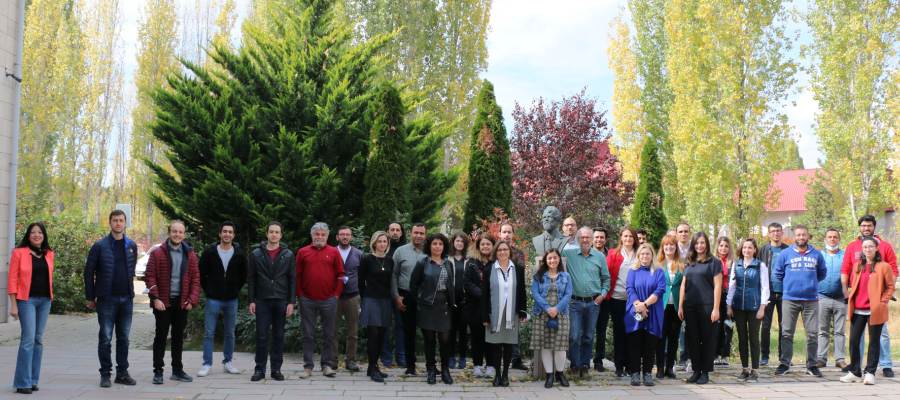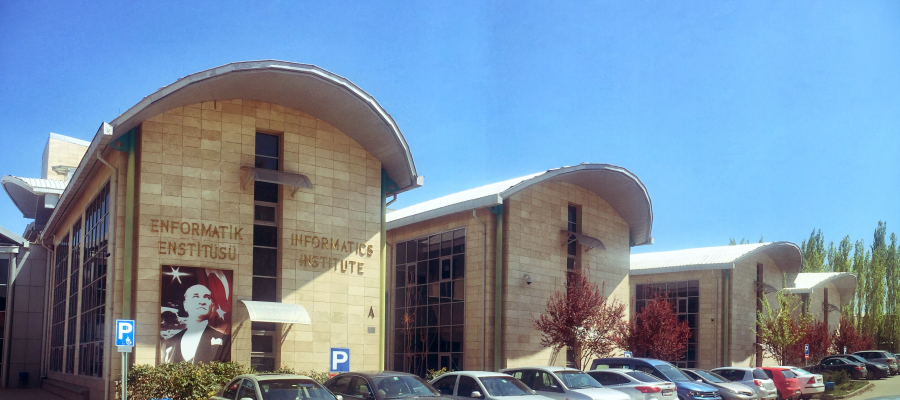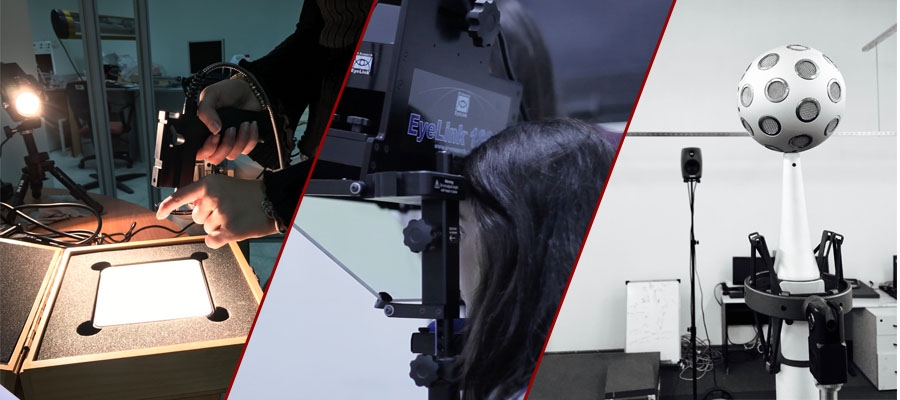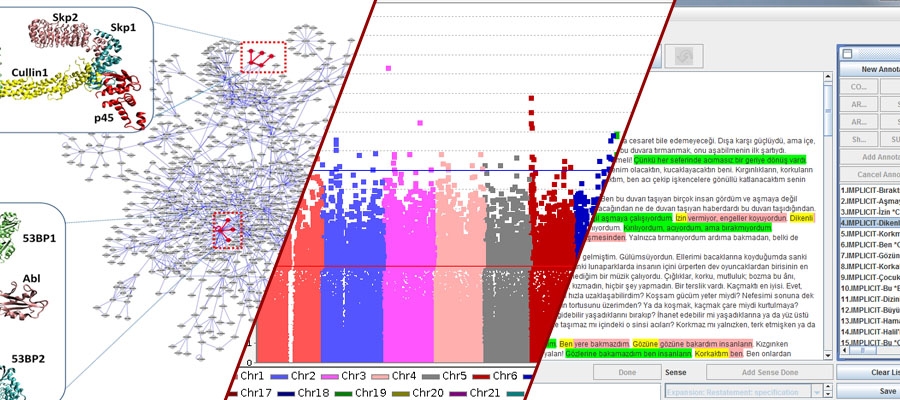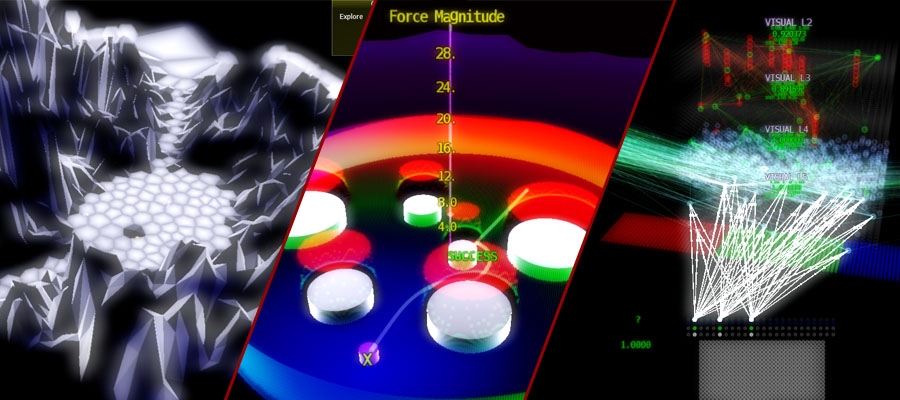Announcements
Research News
This thesis aims to make experimental studies on malware family classification using deep learning algorithms. A new dataset called MamMalware which is publicly available and has 450K labeled malware was created within this study. Samples in dataset were translated into gray-scale image files, and the opcode sequences were also extracted. Image files and opcode sequences were used as input. Then 2 and 3 layered Convolutional Neural Networks (CNN) experiments were applied on MamMalware dataset. In addition, experiments using the transfer learning methods with ResNet152 and VGG19 pretrained models were conducted. As a result, the transfer learning models obtained the best results with 94% test accuracy.
Date: 17.05.2024 / 11:00 Place: A-212

Compounding is one of the known ways of word formation. It is also a productive way of word formation in German (Neef, 2009). Compounding in German makes use of some markers, mostly called linking elements, between the constituents, and this phenomenon is highly common. Whether these markers have any meaning or what primary functions they have are seemingly highly controversial. In this study, we suggest that the close relation between meaning and reference on the one hand and categorization on the other can be explored computationally in distributional properties of these markers which are difficult to identify analytically.
Date: 22.04.2024 / 09:00 Place: B-116

This study investigates the potential outcomes when children are exposed to hypothetical English, i.e. ergative English rather than accusative English, in the language acquisition process by using a child-directed speech data set. Based on the data set, English grammar is constructed with syntactic and semantic structures. Subsequently, some parts are modified for the hypothetical English. Following this, a model is trained to generate sentences with their corresponding syntactic and semantic structures. After the training, a comparative analysis is conducted to determine the predominant category—accusative or ergative—in children's language acquisition.
Date: 22.04.2024 Place: B-116

This thesis delves into a fresh approach within the domain of digital music composition, offering an extensive model that replicates the complex social interactions among composers, broadcasters, and synthetic audiences. Utilizing sophisticated machine learning techniques, the research examines the development of compositions within a dynamic environment where composers iteratively adjust their styles in response to feedback from artificial audiences.
Date: 22.04.2024 / 10:00 Place: B-116

Translating natural language sentences into logical expressions has been challenging due to contextual information and the variational complexity of sentences. In recent years, a new deep learning architecture, namely the Transformer architecture, has provided new ways to handle what was hard or seemed impossible in natural language processing tasks. The Transformer architecture and language models that are based on it revolutionized the artificial intelligence field of research and changed how we approach natural language processing tasks. In this thesis, we conduct experiments to see whether successful results can be achieved using Transformer models in translating sentences into first-order logic expressions.
Date: 17.04.2024 / 09:30 Place: B-116

